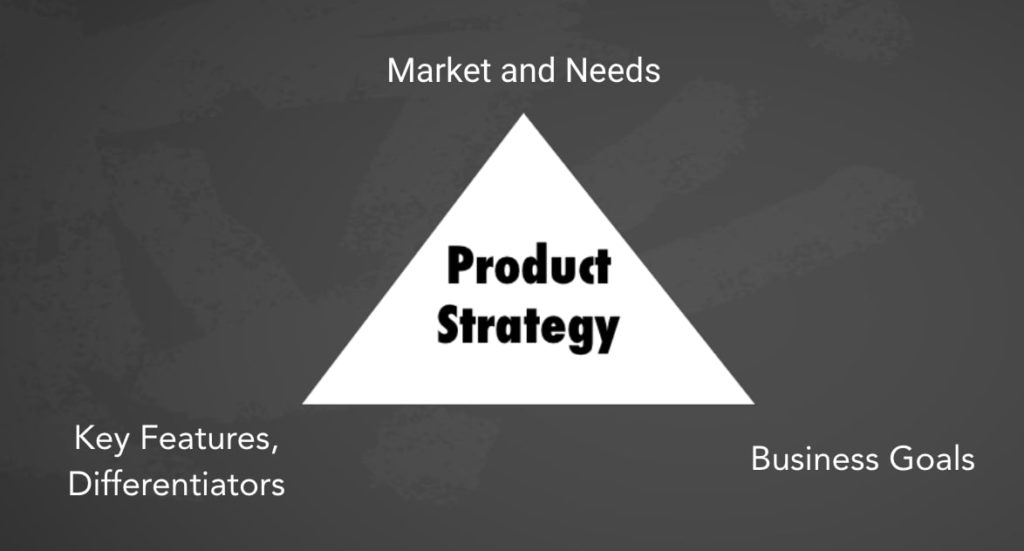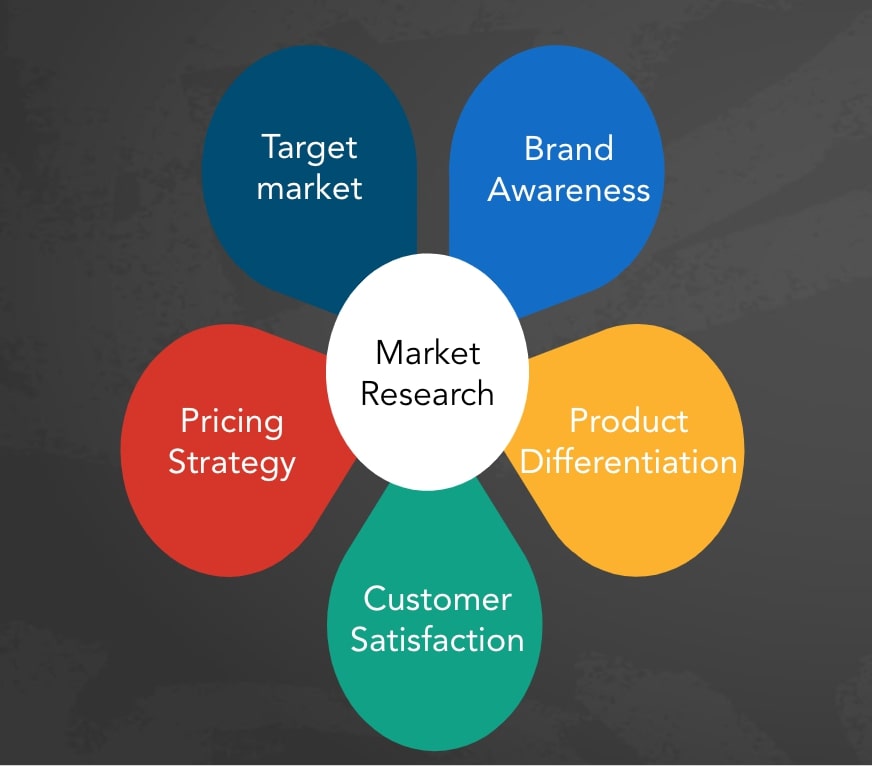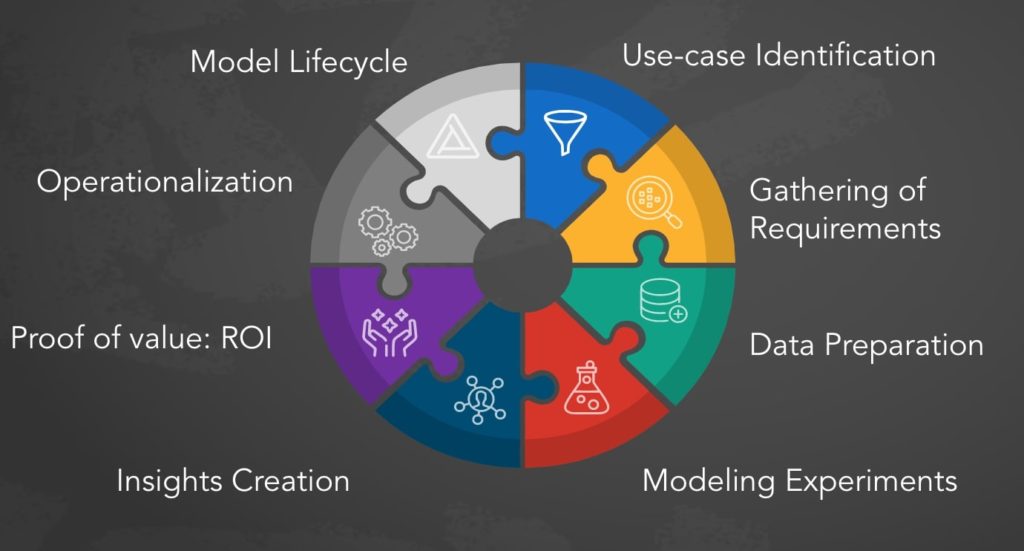Data product managers are professionals who occupy important roles within startups and established companies alike. As PMs who are experts in data management, data product managers leverage data to assist with new product development or to refine existing products.
Many online and e-commerce businesses recruit data product managers to help them make better decisions using the data they collect on their products.
That said, since data product managers are emerging roles in the field, aspiring PMs find it challenging to pinpoint how the responsibilities of a data PM differ from those of a traditional PM.
This article breaks down what data product managers do, their levels of responsibility, and the key differences between data product managers and generalized product managers.
Let’s get right into the discussion.
What are the Responsibilities of a Data Product Manager?
Data product managers are similar to other product managers. However, they also have certain differentiating responsibilities. These include:
- Collecting and interpreting product data
- Designing and developing products using that data
- Applying different data science techniques
- Managing data flow and engineering processes
- Developing data pipelines
- Evaluating data output
Their work ensures long-term product performance and allows organizations to evolve according to changing market conditions.
Be sure to check out PHQ’s Data Product Manager Certification Course to help set you on the path to becoming a rockstar data product manager.
The exact job description, duties, and tasks for a data product manager vary from position to position. Still, most data product managers carry out several similar tasks regardless of their employing organization or experience levels.
1. Create New Products
Data product managers create new products. They gather data and use it to design successful products for the current market. For example, data product managers often collect customer behavioral or market data. They also collect survey responses and other data from a variety of sources.

Once collected, data product managers use that information to come up with new product ideas. After passing various tests, the data product management ideas go into production. In these ways, data product managers influence the decisions that companies make as well as any new product features that they provide to their customers.
However, note that data product managers do not create products. They come up with a broad design for the product. Others, such as coders, manufacturers, software engineers, and developers create the resulting software.
2. Enhance Existing Products
Data product managers also enhance existing products in a company’s market lineup. For example, To do so, they gather customer survey responses on existing products to understand how internal data consumers see current products.

They mine data consumers then use that information to refine current product offerings. They use their data analysis to:
- Change how a product seems to the public
- Change the marketing around a product
- Change the core features or functionality of a product
In these ways, data product managers allow companies to move product strategy and maximize the viability and profitability of current products. They help to increase sales, a company’s brand image, and the customer satisfaction experienced by that organization’s target audience.
3. Establish Data Infrastructure
Any data-collecting or traditional product manager job processes and stores relevant data that PMs access and leverage to make important decisions that lead to product success. A data product manager role also includes the responsibilities of establishing data infrastructure for companies. They determine:
- How data-collecting products get their data
- Where companies store data
- How companies analyze data
- Who has access to the data
All of these responsibilities are crucial. They safeguard a company’s data and reduce the risk that it becomes compromised. They use it for effective product development and understanding. Data product managers must make strategic decisions when designing data pipelines.

As they move up the corporate ladder, data product managers also train subordinates to maintain data infrastructure. In this way, the infrastructure they create lasts beyond their time in their positions. This is useful if they rise to executive positions where they supervise managers.
4. Collect and Analyze Data for Product Design/Development
A good data product manager’s job does not end after the launch date. Data product managers also collect and analyze any data that comes in post-launch to research internal data capabilities. This includes data stemming from:
Product usage
- Product features
- Feedback surveys
- Customer reviews
- Bounce rate
Data product managers take the data collected from data users in their pipelines or data infrastructures. Then they analyze the data through quantitative or qualitative methods. They interpret the data using statistical tools such as chi-square tests and other means.
Then they use the data to ensure that products offer increasing value for target customers. In these ways, they help to ensure that companies don’t make strategic missteps. This also allows them to assist the rest of the product team with iterative product development and design.
They prevent companies from damaging products that satisfy customers, for instance. They also help companies understand what improvements are necessary for products to reach maximum profitability.
5. Report on the Data Management Lifecycle
The data management lifecycle is important for enterprises that use data often. Data product managers are responsible for collecting, storing, organizing, and reporting on how companies use data. They analyze and control big data sets, write reports or queries, and communicate findings to company executives.
These reports allow executives to make wise decisions concerning the storage and leveraging of data. To do this right, data product managers communicate complex data topics to executives by analyzing data and boiling them down to the basics.
They need strong communication skills to simplify difficult or technical topics for executive and data team members who are not tech-savvy. Skilled data product managers are just as talented in the area of interpersonal communication as they are in technical analysis.
6. Discern Customer Needs
Data product managers must understand the target audience for their company and people in general. They have to discern customer needs and know what the various data-driven insights they collect tell them about consumer intentions, preferences, and more.
Discerning customer needs is crucial so that a company creates valuable, attractive products for its target audience. Therefore, these data-driven product managers don’t just handle numbers and statistical data. They also focus on people and the human element inherent in any business.
In these ways, data product managers are important parts of businesses that:
- Need to identify new target audiences
- Need to refine their target audience
- Need to improve brand recognition
- Need to maximize customer loyalty or generate long-term relationships
7. Lead Cross-Functional Teams
Data product managers lead cross-functional teams to success. As data team managers, they oversee several other employees, such as data scientists or analysts, architecture leads, and data engineers. They also work with marketers, product designers, and other professionals in an organization. They are multidisciplinary professionals who must wear many hats.
Required Skills for Data Product Managers
As managers, DPMs use several skills throughout their careers. These include both hard and soft skills.
“Hard” skills are more technical and oriented toward product design and development. Hard data product manager skills include:
- Data analysis and data science
- Statistical analysis and equation knowledge
- SEO or search engine optimization skills
- Understanding of data management principles
Meanwhile, “soft” skills are communicative and focus on interpersonal capabilities.
Examples of these skills include:
- Interpersonal communication skills
- Consumer analysis skills
- Leadership skills
Data product managers start off needing more hard skills at the beginning of their careers. As their careers progress, data product managers leverage more soft skills as they take on additional personnel responsibilities and become leaders of bigger teams.
However, both of these skill sets are important. Data product managers are crucial in large part because they bring a lot of skills to the table.
Final Remarks
Data product managers have a lot on their plates.
These intense positions require a lot of schooling and focus. However, they are very rewarding positions.
They allow professionals to affect company dynamics and product development in key ways.
Data product managers play important roles in modern companies.
Those who become data product managers earn respect, and high salaries, and also have a meaningful impact on their companies for the better.
FAQs
Here are answers to the questions that aspiring data product managers frequently ask:
Explain data product manager vs data manager.
A data manager focuses on the governance, storage, and maintenance of data, ensuring its accuracy, security, and availability. However, a data product manager, is responsible for defining and managing data products, such as data analytics tools or platforms, with a focus on user needs, market fit, and business strategy.
What is the role of a data production manager?
A data production manager oversees the processing, quality, and delivery of data for organizational use. They ensure data workflows are efficient, accurate, and meet the required standards. Moreover, they coordinate with data engineers and data analysts to optimize data production processes and support business objectives.
What is the data product manager’s salary?
The salary of a good data Product Manager ranges from $110,000 to $160,000 per year in the United States. With total compensation, bonuses, and stock options, the salary can exceed $200,000 annually.
If you are new to product management and are looking to break into your very first product manager role, we recommend taking our Product Manager Certification Courses, where you will learn the fundamentals of product management, launch your product, and get on the fast track toward landing your first product job.
